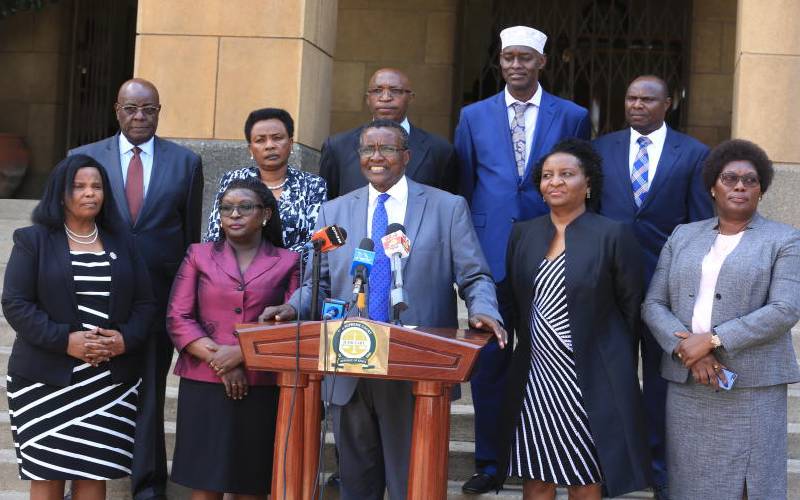×
The Standard e-Paper
Smart Minds Choose Us

Last week’s disclosure by The Standard of the names of four High Court judges whose appointment to the Court of Appeal is objected to by the State went without much debate.
But in the background it appears to have precipitated the preparation for one of the fiercest battles ever seen between the Judiciary and the Executive.